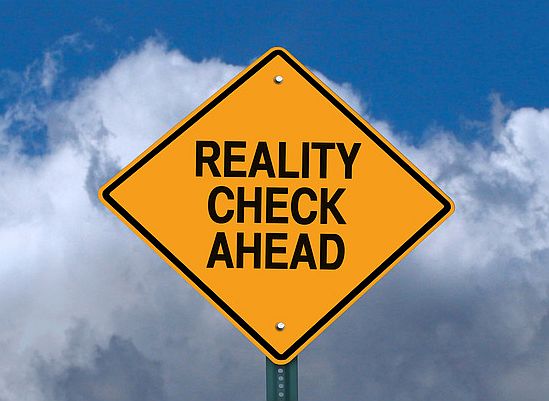19 Jan 2014

Western Australia’s rugged Kimberley region has been identified as one of the world’s largest potential sources of natural gas from shale rocks, with the Canning Basin containing an estimated 235 trillion cubic feet (TCF) of recoverable resources. One TCF is enough to power a city of one million people for 20 years.
As exploration activity in the region increases, it’s important that local communities are kept fully informed about our industry and its activities.
APPEA and its members are committed to holding an open and honest conversation with the public about natural shale gas but it appears some of the industry’s opponents don’t share that commitment.
Recent claims by the WA Conservation Council highlight the extent to which some green groups will twist the truth in order to push their anti-gas agenda.
In its submission to a WA parliamentary inquiry into the practice of hydraulic fracturing, the conservation council makes the emphatic statement that shale gas fraccing “will contaminate groundwater.” Not could, not might, but will.
This is despite the fact that fraccing has already been used successfully in WA since the 1950’s on around 780 wells. Worldwide, around 2.5 million wells have been fracced in the past 65 years, including more than one million in the US.
And most importantly, there have been no cases anywhere in the world where hydraulic fracturing has been identified as the cause of groundwater contamination.
So, in the absence of any evidence to prove that hydraulic fracturing causes groundwater contamination, the conservation council and other green groups are resorting to making exaggerated claims about the integrity of shale gas wells.
Their submissions and recent media comments reveal their source to be Anthony Ingraffea, a US academic who is well-known for his anti-gas advocacy and activism and whose research has drawn significant criticism from US government regulators and his fellow academics.
Rather than quote from discredited US sources, the conservation council and its fellow travellers should be taking notice of credible groups such as the Australian Council of Learned Academies, which has advised that the risk of well casing failure in Australia is low because the industry is committed to ensuring that wells are constructed and maintained to the highest standards.
But an informed discussion doesn’t serve their anti-gas agenda.
Community leaders in Broome are now publicly voicing concern at attempts by green groups to hijack the natural shale gas debate in an effort to confuse and frighten local residents. A scare-campaign mounted by activists determined to stop the region’s economic development is an obstacle they can do without.

